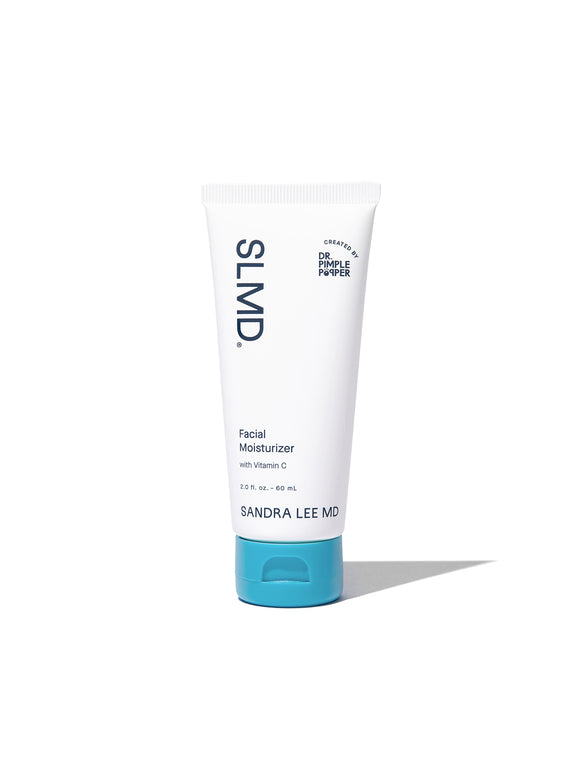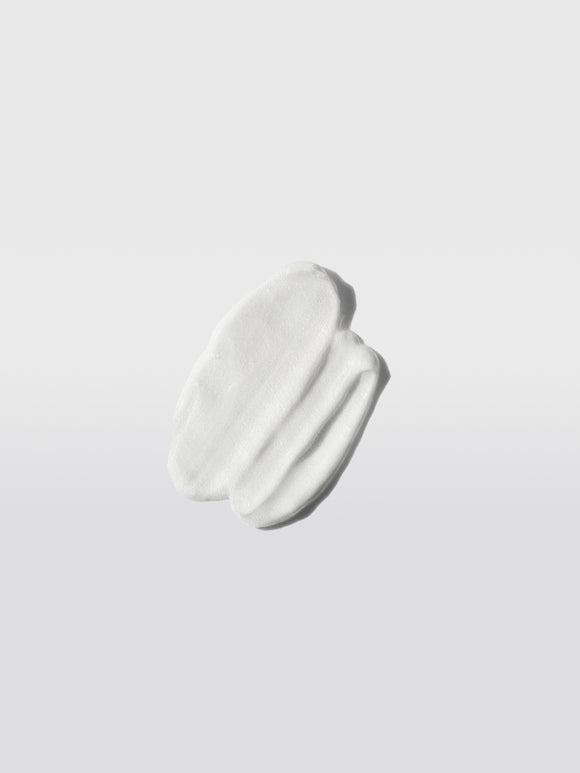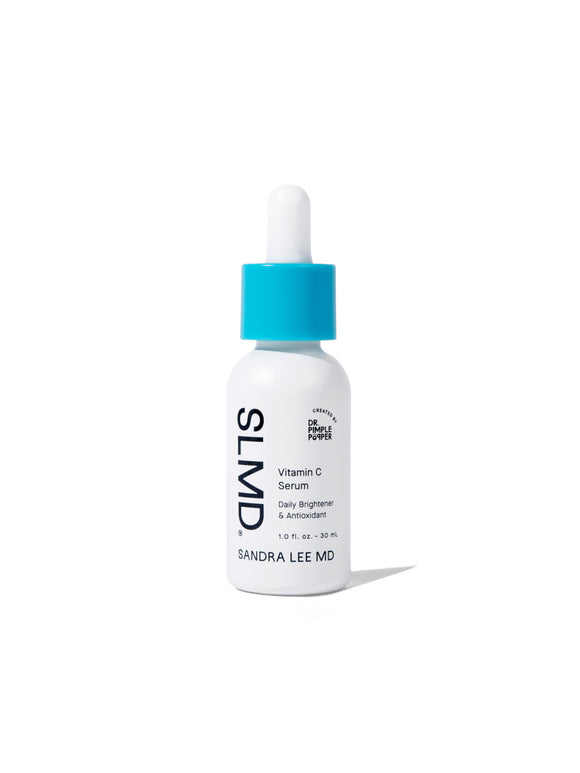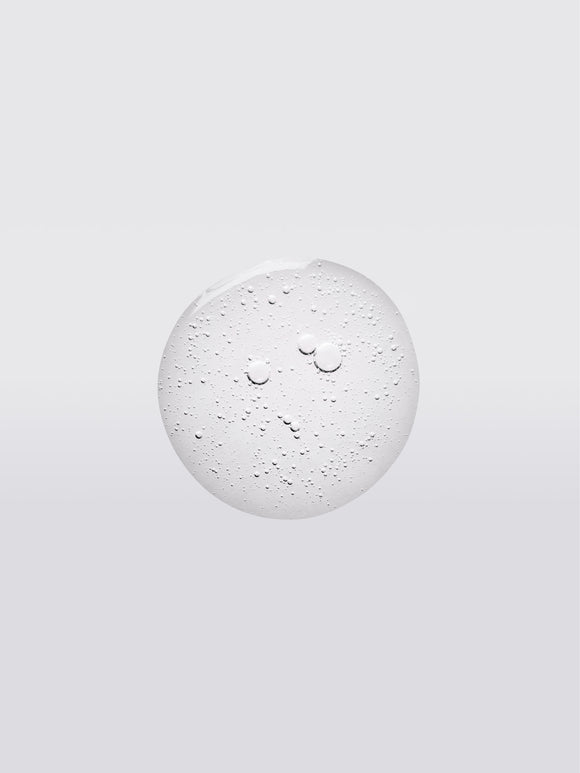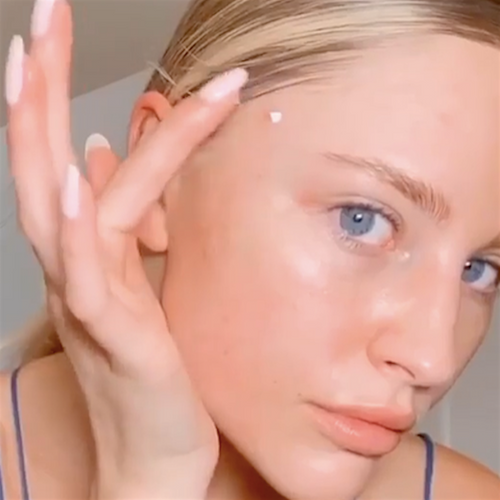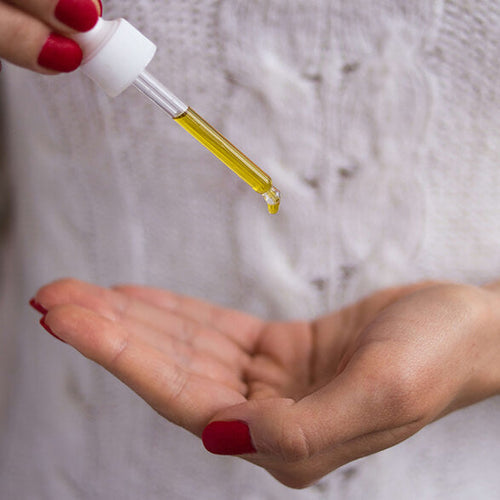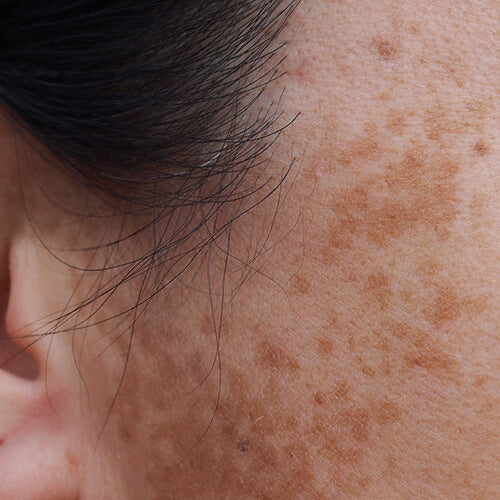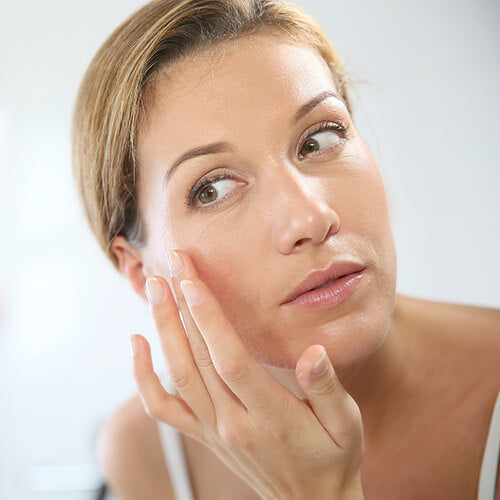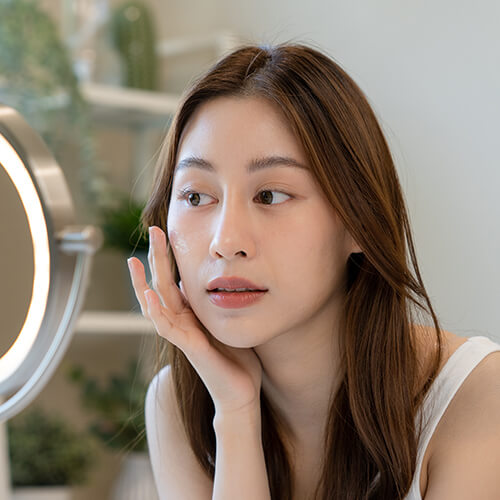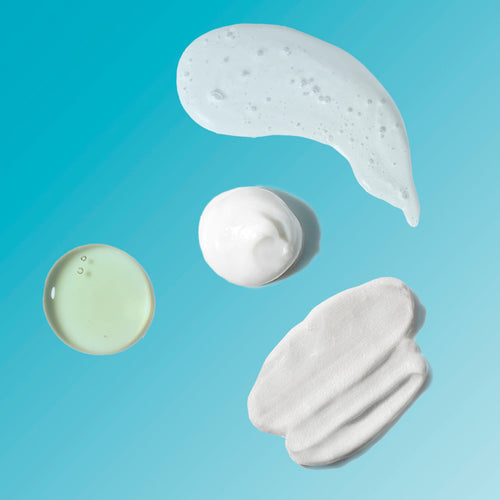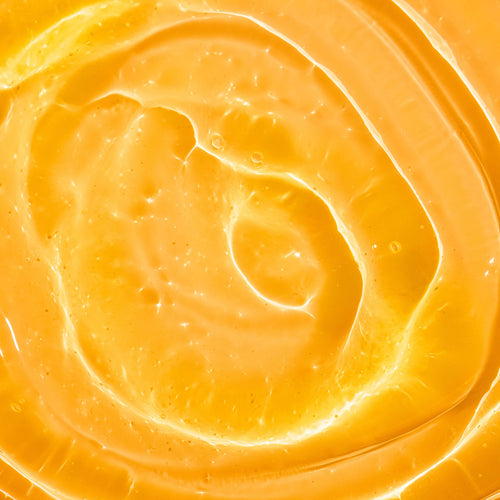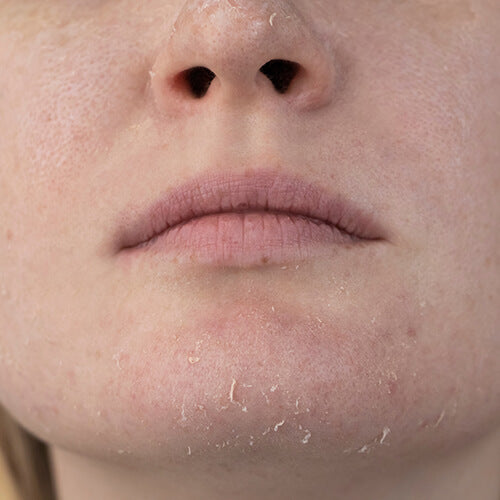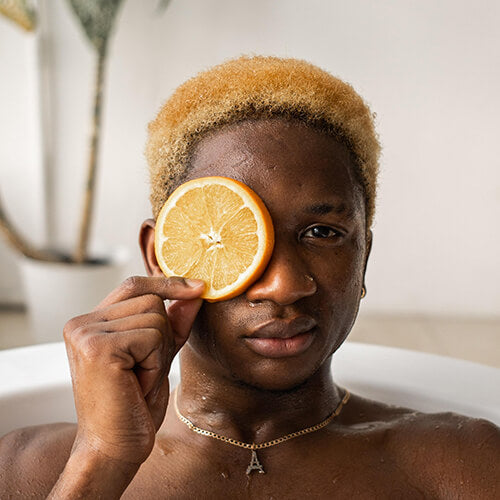
5 Antioxidant Benefits of Vitamin C Skincare
Dr. Pimple Popper explains why this trendy skincare ingredient lives up to the hype.
Published:
2 minute read
Vitamin C is considered by many to be the ultimate skincare antioxidant — but what does that mean, exactly? Here, SLMD Skincare founder and dermatologist Sandra Lee, MD (aka Dr. Pimple Popper), explains what antioxidants do for your skin, and why she recommends incorporating vitamin C into your routine.
Is vitamin C the best antioxidant?
Every day, our body is bombarded with molecules called free radicals — whether from the outside (like pollution and UV rays) or the inside (the waste products of normal metabolism). Those free radicals cause DNA damage through a series of chemical reactions known as oxidation. Antioxidants interrupt that reactive process (technically speaking, they neutralize the free radical molecules) to protect your cells from damage.
We’ve already covered the many skin benefits of vitamin C here — but whether or not vitamin C is “the best” antioxidant really depends on your skincare needs and goals, says Dr. Lee. Here are 5 ways vitamin C excels at improving skin health.
#1 Protection against environmental damage
Vitamin C neutralizes free radicals generated from exposure to environmental aggressors like UV radiation, pollution, and smoke. Free radicals are unstable molecules that can damage cells, leading to premature aging and skin deterioration. By neutralizing these molecules, vitamin C helps prevent the associated oxidative damage.
#2 Reduction of premature aging
The antioxidant properties of vitamin C help protect against oxidative stress that accelerates collagen degradation and the formation of fine lines and wrinkles. By combating these free radicals, vitamin C helps maintain the skin’s structural integrity, thereby reducing visible signs of aging.
#3 Enhanced photoprotection
While vitamin C is not a sunscreen, its antioxidant capability can defend against photo-damage caused by UV rays. It works by neutralizing reactive oxygen species produced during UV exposure, reducing the impact of UV-induced damage such as hyperpigmentation and photoaging.
#4 Improved skin radiance
Oxidative stress can dull the skin’s appearance. Vitamin C’s antioxidant action helps brighten the skin by reducing the oxidation of molecules, which can lead to hyperpigmentation. By maintaining healthy skin cells and reducing oxidative pigment changes, vitamin C enhances skin radiance.
#5 Skin recovery enhancement
After the skin has been damaged, whether by environmental factors, inflammation, or other stresses, Vitamin C can help accelerate recovery. Its antioxidant properties reduce oxidative stress in skin cells, facilitating faster and more efficient recovery from damage.
Dr. Pimple Popper's Vitamin C Picks
What’s the best form of vitamin C?
Vitamin C is used in a wide variety of skincare products, from serums to masks to moisturizers. You’ll find it listed on the label in various forms, including the purest and the most well-researched version, L-ascorbic acid.
Pure vitamin C (L-ascorbic acid) is the most potent form, but it’s also the most likely to cause irritation. Due to its high reactivity, it’s often formulated with stabilizers when used in skincare.
Increasingly, vitamin C derivatives are popping up in skincare formulas. Besides being more stable, they’re often more suitable for a variety of skin types, including sensitive and acne-prone. Look for ingredients like sodium ascorbyl phosphate, magnesium ascorbyl phosphate, ascorbyl palmitate, retinyl ascorbate, and tetrahexyldecyl ascorbate on the label.
According to Dr. Lee, vitamin C works best when it has time to absorb into your skin, which makes it ideal in serums and moisturizers.

Dr. Lee's Last Word
You’ll find antioxidant vitamin C popping up in a lot of skincare products, and that’s because it’s been clinically shown to have several dermatological benefits. Among other things, it has a positive effect on collagen production, and it helps protect skin from environmental damage — which helps prevent premature aging.



